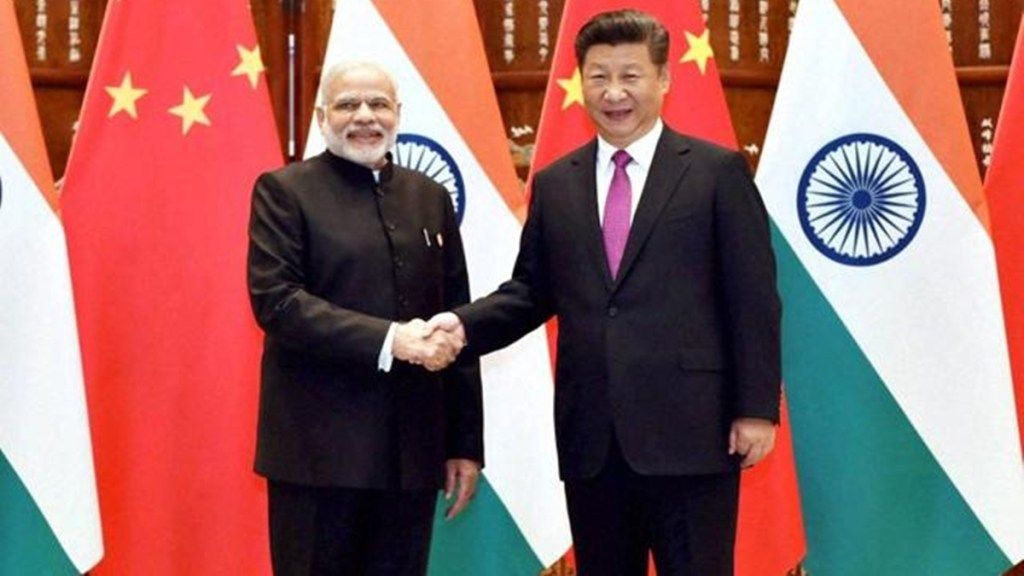As the Economic Survey pitched for attracting investments from Chinese companies to boost exports, NITI Aayog vice chairman Suman Bery said that India needs a ‘clearer set’ of guidelines for approving Foreign Direct Investments (FDI) from China expeditiously as the system of case-by-case review is sluggish.
Bery emphasised that India examines FDI proposals from China through a security lens akin to the United States.
“I think what is needed, on the basis of experience, is a clearer set of guidelines because case-by-case review is slow and we do have an interest in getting investment from China because China is surplus in savings, it has got good technology,” he told PTI. “But the fact of the matter is that we have diplomatic difficulties with them and so we have to be cautious,” the NITI Aayog VC observed.
The Economic Survey 2023-24 stated, “To boost Indian manufacturing and plug India into the global supply chain, it is inevitable that India plugs itself into China’s supply chain. Whether we do so by relying solely on imports or partially through Chinese investments is a choice that India has to make,” the Survey stated.
It further stated, “Choosing FDI as a strategy to benefit from China plus one approach appears more advantageous than relying on trade. This is because China is India’s top import partner, and the trade deficit with China has been growing. As the US and Europe shift their immediate sourcing away from China, it is more effective to have Chinese companies invest in India and then export the products to these markets rather than importing from China, adding minimal value, and then re-exporting them.”
Following the 2020 Galwan clash, the Indian government implemented several measures aimed at curbing Chinese influence on its economy. Chief among these was the amendment to the Foreign Direct Investment (FDI) policy through Press Note 3 (PN3) in 2020.
This amendment mandated that investments from countries sharing land borders with India, including China, must undergo government scrutiny rather than the automatic approval route previously in place.
According to official figures, India has approved only 25% of the total 435 foreign direct investment applications from China as of June last year.
China holds the 22nd position in total Foreign Direct Investment (FDI) equity inflow into India, accounting for only 0.37% or USD 2.5 billion from April 2000 to March 2024.
After the Galwan Valley clash, India has taken significant steps such as banning over 200 Chinese mobile apps including TikTok, WeChat, and Alibaba’s UC Browser. India also rejected a substantial investment proposal from the electric vehicle manufacturer BYD.
Despite these actions, earlier this year, the Competition Commission of India (CCI) approved the JSW Group’s proposal to acquire a 38% stake in MG Motor India Pvt Ltd, a wholly-owned subsidiary of Shanghai-headquartered SAIC Motor.
Despite receiving minimal FDI from China, bilateral trade between India and China has surged significantly. China has emerged as India’s largest trading partner, with total trade amounting to USD 118.4 billion in the fiscal year 2023-24, surpassing even the United States. India’s exports to China grew by 8.7% to USD 16.67 billion during this period.
Key sectors that experienced robust export growth to China include iron ore, cotton yarn, fabrics, handloom products, spices, fruits and vegetables, plastic goods, and linoleum.

